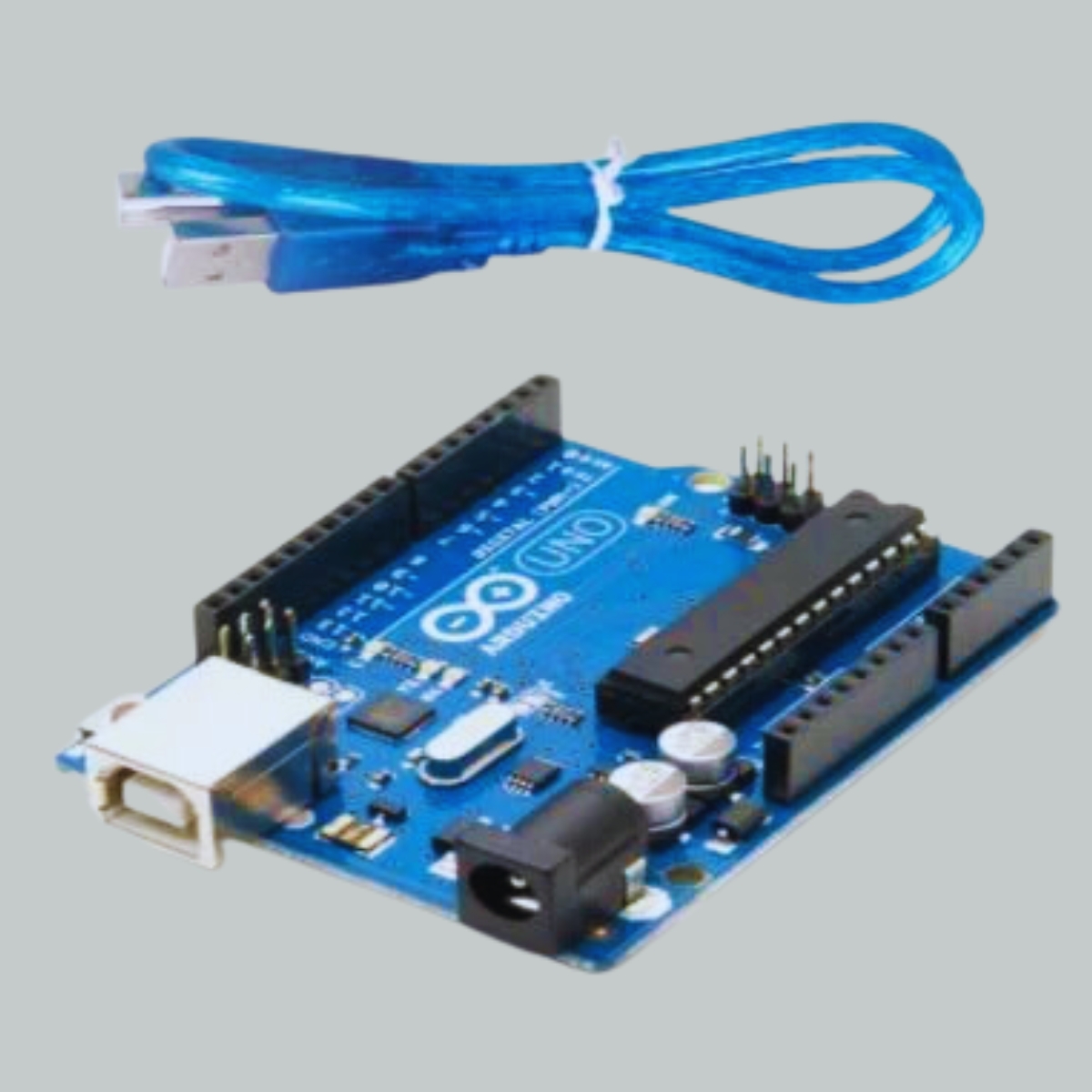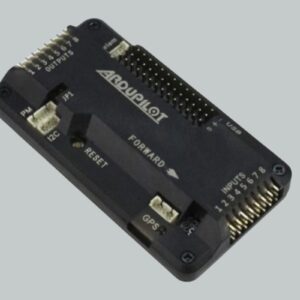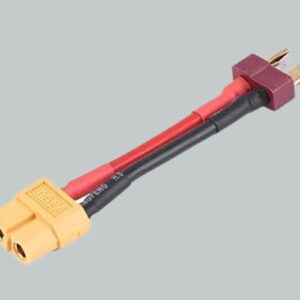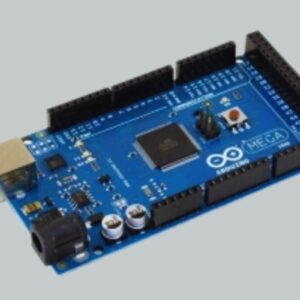The Arduino Uno R3 with USB Cable is an open-source microcontroller board based on the ATmega328 chip. Featuring 14 digital input/output pins, 6 analog input pins, an onboard 16 MHz ceramic resonator, a port for USB connection, an onboard DC power jack, an ICSP header, and a microcontroller reset button, it contains everything needed to support the microcontroller.
Setting it apart from preceding boards, the Uno utilizes the Atmega16U2 (Atmega8U2 up to version R2) programmed as a USB-to-serial converter, eliminating the need for the FTDI USB-to-serial driver chip. External power can be supplied through an AC-to-DC adapter or battery. The adapter can be connected to the board’s power jack via a 2.1mm center-positive plug; alternatively, battery leads can be inserted into the Gnd and Vin pin headers of the Power connector. The board supports operation within a voltage range of 6 to 20 volts, with a recommended range of 7V to 12V to ensure stability and prevent damage to the voltage regulator.
Key Features:
Microcontroller: ATmega328P.
Operating Voltage: 5V.
Input Voltage: 7-12V.
Digital I/O Pins: 14 (including 6 PWM outputs).
Analog Input Pins: 6.
DC Current: 40mA.
Flash Memory: 32 KB.
SRAM: 2 KB.
EEPROM: 1 KB.
Clock Speed: 16 MHz.
Applications:
DIY project prototyping.
Developing projects requiring code-based control.
Automation system development.
Learning AVR programming.
Entry-level circuit design.





Reviews
There are no reviews yet.